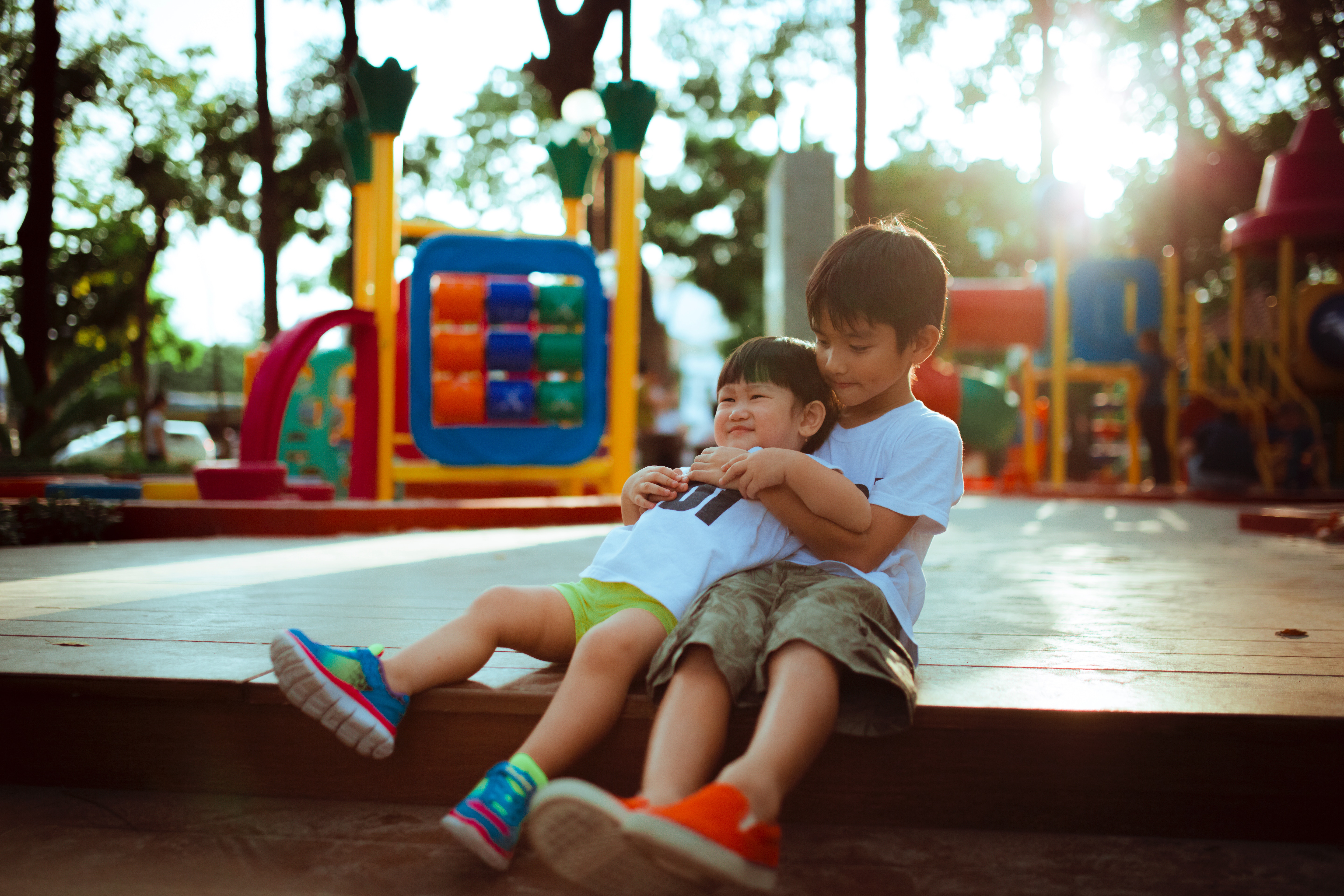A quick tour of online resources for parents of teenagers reveals that the subject of self-harm is frequently raised, usually in the form of parental concerns over cutting behavior. Parents asking for advice or support when they discover that their son or daughter is self-harming are understandably alarmed and upset. They also tend to run into a lot of misconceptions about self-harm, and are unsure as to how to respond to this behavior in their children.
This topic is raised so often in part because self-harm is relatively common among teenagers. Several studies have indicated that about 1 out of every 14 American teens (roughly 7%) reports having self-harmed at least once in the past year. Lifetime estimates are much higher, with as many as 20% of American teens reporting have engaged in self-harm over the course of their lifetime.
When trying to understand self-harm, it is important to appreciate that self-harmful behaviors and suicidal behaviors are not the same. Suicidal behaviors are intended to bring an end to one’s life, typically to end pain and suffering. In contrast, individuals who self-harm are not usually trying to kill themselves; the intent involves trying to find relief from emotional pain and distress.
Self-harm is typically understood as an unhealthy coping strategy that develops in an attempt to manage difficult and overwhelming feelings. These feelings can range from anxiety to anger to sadness – no one particular feeling is necessarily associated with self-harm. These behaviors can also occur as a way to punish oneself, or in response to emotional numbness. Self-injury can provide temporary relief, distraction or a sense of control; many teens also describe it as a way to make their emotional pain physical.
When talking to one’s teen about self-harm, it can be helpful to focus on the feelings that he or she is experiencing, as opposed to focusing on the behavior itself. Parents should try to keep in mind that self-harm is about emotional pain, and appreciate that they will be in a better position to help their child if they understand the nature of that pain and what is causing it. Often times there is a great deal of shame associated with self-harm, which can cause teens who are self-harming to be resistant to talking about it. If that is the case, parents can start with trying to help their teen express what is making it hard to discuss the topic. It may help if parents emphasize that their goal is to understand what’s going on, and also to reassure their teen they are not being judged or punished.
While self-harmful behaviors are relatively common during adolescence, and are not the same as suicidal behaviors, they still clearly represent a significant mental health problem that needs to be addressed. Parents who discover that their teen is self-harming should first determine whether there is a serious injury that needs medical attention. That step aside, it is important to intervene in this behavior as soon as it is discovered. Seeking counseling services for a teen who is self-harming is usually warranted; at a minimum, a consultation with a mental health professional to determine the severity of the problem and whether additional treatment is needed is highly recommended. Treatment of self-harm typically involves helping the teen to develop an understanding of what is triggering this behavior, and to learn alternative – and healthier – methods for tolerating and coping with their emotional distress.
Kathleen Boykin McElhaney, Ph.D.
FamilyFirst Psychological Services
More information and resources regarding self-harm:
https://www.understood.org/en/friends-feelings/teens-tweens/risky-behavior/my-daughter-has-started-cutting-what-should-i-do
https://www.psychologytoday.com/us/blog/teen-angst/201210/understanding-suicide-and-self-harm
https://www.seventeen.com/health/advice/a4533/cutting-resources/
https://capmh.biomedcentral.com/articles/10.1186/1753-2000-6-10


